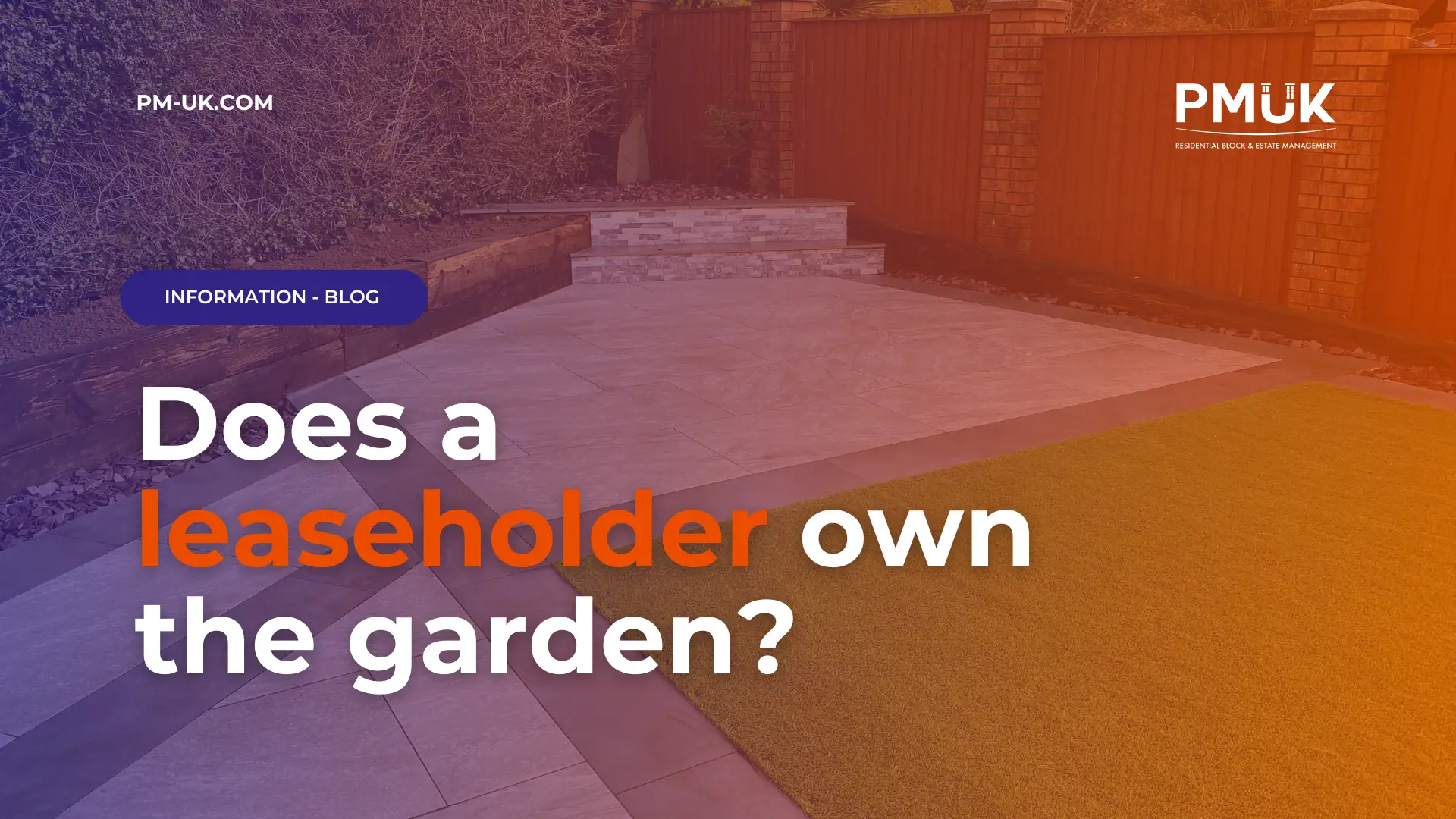In the UK, property ownership can be a bit tricky, especially when it comes to gardens. Many people wonder, “Does a leaseholder own the garden?” Well, the answer isn’t straightforward. It depends largely on the specifics of the lease agreement. Generally speaking, leaseholders do not automatically own the garden. Ownership and usage rights need to be clearly detailed in the lease contract.
Leasehold vs Freehold: What’s the Difference?
In the UK, property can either be freehold or leasehold. Freeholders own both the property and the land it sits on, while leaseholders own the property for the duration of their lease agreement but not the land. This distinction is crucial. It defines the rights and responsibilities of the property holder, including those regarding any garden areas.
Decoding the Lease Agreement
The lease agreement is like a rule book. It spells out the leaseholder’s rights in black and white. If the garden is part of the lease, the leaseholder usually has the right to use and maintain it. However, if the lease does not mention the garden, it remains the freeholder’s property.
Rights and Responsibilities: What Can You Do?
The Leasehold Advisory Service is a great resource for leaseholders. It explains that leaseholders have specific rights to use the property as described in the lease. However, this usually does not include ownership of external areas like gardens unless it’s explicitly stated. Maintenance responsibilities for the garden, if included in the lease, will also be outlined, possibly including obligations to keep it in good condition.
Common Leasehold Garden Scenarios
- Gardens Included in the Lease: If the garden is mentioned in the lease agreement, the leaseholder has rights to use it. However, there might be limitations on modifications.
- Gardens Excluded from the Lease: If the garden isn’t included, the leaseholder generally cannot use it unless they have explicit permission from the freeholder.
Maintenance and Modifications: What’s Allowed?
Leaseholders might have obligations to maintain the garden if it’s part of the lease. However, modifications could be restricted. For detailed guidance, Which? provides extensive advice on what leaseholders can and cannot do with their gardens.
Navigating Disputes and Resolutions
Disputes over garden ownership and use are not uncommon. These often need legal advice or mediation to resolve. Citizens Advice recommends understanding your lease thoroughly and seeking professional advice to resolve such disputes.
Keeping Up with Legal Changes
Recent changes in leasehold law, as discussed by UK Parliament, can impact leaseholder rights, including garden use. Keeping up to date with these changes is essential. PMUK helps clients stay informed about legal changes and navigate their impacts effectively.
Practical Tips for Leaseholders
- Clarify Ambiguities: Make sure your lease clearly states garden ownership and usage rights.
- Seek Legal Advice: Understand your rights and responsibilities fully by consulting a legal professional.
- Communicate Clearly: From PMUK’s experience, clear communication with the freeholder and legal advisors can prevent and resolve potential disputes.
Know Your Lease Inside Out
Whether a leaseholder owns the garden largely depends on the lease agreement. It is essential to review your lease document carefully and seek professional advice to understand your specific situation. PMUK is here to assist leaseholders in navigating these complexities, ensuring clarity and compliance with UK property laws.
Understanding garden ownership for leaseholders in the UK doesn’t have to be daunting. With the right information and guidance, you can confidently navigate the specifics of your lease agreement!
